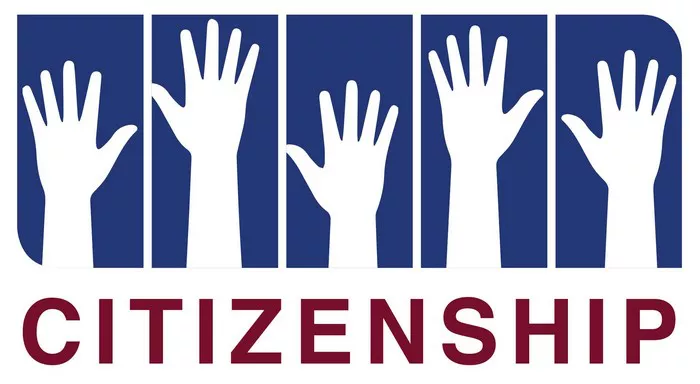Becoming a citizen of a new country is a significant milestone in one’s life, marking a commitment to a new nation and its values. However, the journey to citizenship can be complex, with varying timelines depending on multiple factors. Understanding the process and the time it takes can help individuals better plan for their future and manage expectations. In this article, we delve into the intricacies of acquiring citizenship, exploring the timeframes involved and the factors that influence them.
Understanding Citizenship Acquisition
Before delving into the timeframes, it’s essential to grasp the various pathways to citizenship. While the specifics may differ from country to country, common routes include:
1. Naturalization: This is the most common pathway to citizenship, wherein eligible immigrants apply for citizenship after meeting residency requirements, passing language and citizenship tests, and demonstrating good moral character.
2. Citizenship by Birth: Individuals born in a particular country may automatically acquire citizenship, either by birth within the country’s territory (jus soli) or through descent from citizen parents (jus sanguinis).
3. Citizenship through Marriage or Descent: Some countries grant citizenship to spouses of citizens or to children born to citizens abroad.
4. Investment-based Citizenship: Several countries offer citizenship through investment programs, wherein individuals can acquire citizenship by making significant financial investments in the country.
Each pathway has its own set of requirements and procedures, which significantly impact the time it takes to obtain citizenship.
Factors Influencing the Timeline
Several factors influence the length of time it takes to acquire citizenship:
1. Residency Requirements: Many countries require applicants to fulfill a minimum period of residency before becoming eligible for citizenship. This period can vary widely, ranging from several years to a decade or more.
2. Language and Civic Knowledge Requirements: Some countries mandate language proficiency and knowledge of civic matters as prerequisites for citizenship. This often entails passing language exams and citizenship tests, which can extend the overall process.
3. Background Checks and Character Assessment: Authorities conduct thorough background checks and assess applicants’ character to ensure they meet the standards for citizenship. Any issues such as criminal history or fraudulent activities can significantly delay the process.
4. Processing Times and Administrative Backlogs: The efficiency of the immigration authorities and the backlog of applications can also impact the timeline. Delays in processing due to administrative reasons or high application volumes can prolong the wait for citizenship.
5. Type of Application: The type of citizenship application being pursued also affects the timeline. For instance, applications based on marriage or investment may have different processing times compared to those based on naturalization.
6. Legal Changes and Policy Updates: Changes in immigration laws or policy amendments can affect the citizenship acquisition process. Applicants must stay informed about any updates that may impact their application.
Navigating the Process Efficiently
While the citizenship acquisition process can seem daunting, several strategies can help individuals navigate it more efficiently:
1. Start Early: Begin the citizenship application process as soon as you become eligible. This allows ample time to fulfill requirements and address any unexpected delays.
2. Understand the Requirements: Familiarize yourself with the specific requirements for citizenship in your target country, including residency, language, and character criteria.
3. Seek Professional Assistance: Consider seeking guidance from immigration experts or legal professionals specializing in citizenship matters. They can provide valuable insights and assist with the application process.
4. Stay Informed: Stay updated on changes to immigration laws and policies that may affect your application. Subscribe to official government websites or consult with legal experts for the latest information.
5. Maintain Accurate Documentation: Keep all required documents up to date and organized to facilitate the application process. Any discrepancies or missing paperwork can lead to delays.
6. Be Patient and Persistent: Understand that the citizenship acquisition process may involve waiting periods and administrative hurdles. Stay patient and persistent, and follow up with authorities as needed to ensure the progress of your application.
Conclusion
Acquiring citizenship is a significant life event that requires careful planning, patience, and perseverance. By understanding the process, adhering to requirements, and seeking appropriate assistance, individuals can navigate the path to citizenship more effectively. While timelines may vary depending on factors such as residency, language proficiency, and administrative procedures, diligent preparation and determination can pave the way for a successful citizenship journey.


